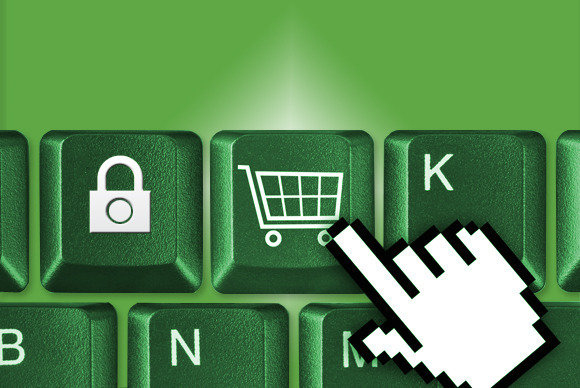Before there was the World Wide Web, online shopping existed in the form of television broadcasting of various merchandise and the telephone numbers in which customers could call for the purchase of products. The early models of online shopping predate internet purchasing, which was conceived around the late 70s. It is now a dominant form of activity in the cyber world, next to social networking.
A Brief Definition

Online (or internet, for specifically modern terms) shopping is the process in which consumers go through so as to purchase stuff in the world of cyberspace. From various e-shops, e-stores, and online malls, the products (and even services) vary according to what you would look for in search engines such as Google or Yahoo. There are many methods to purchasing products over the internet other than surfing through websites. Some services offer direct email confirmation, while others are strictly on dedicated and secure (encrypted) pages for signing forms and other info. This last method is one of the most important aspects of information security and internet shopping would be a failure without it.
Commercial Growth
Around the late stages of the 90s era, the services, products, and range of information, grew at a massively intense rate due to the internet’s rising popularity. It’s been stated that around 41 million customers were already shopping online around the year 1997. Before all that, the numbers were meager and that most of the shoppers were only males. When 2001 came around, more than 52 percent of online customers were women and it steadily grew to sixty percent as years passed.
Setbacks
At the beginning phases of the 2000s, many e-commerce businesses went bankrupt (it’s estimated that around 520 online businesses went bad and ultimately failed). This was due to the dot-com crash in which its advertisers spent too much money on marketing and advertising products early on. A lot of experts suggest that this eventual collapse happened because of a lack of foresight and calculation of business plans. Thus, online shopping growth was hindered for the time being.
Comeback
It was only after a few years later that the trend of internet shopping made a confident and yet gradual comeback. Roughly a decade before all this, in the year 1997, retail sales online was about 3.6 billion dollars, and it doubled after only a year. Nowadays, it is much more than just that. It’s estimated that retail sales are now up to 35 billion dollars worth. People are certainly spending a lot nowadays despite the recession.
Online Security
When it comes to online security, people often wonder if a site can be trusted with their own personal information, rather than being worried if a site can be relied upon to actually deliver the products, whether in a timely fashion or if they can be less expensive (or at least convenient). Information security is definitely a big concern for consumers, and it should be a top priority for online businesses as well. If you’re wondering on how to personally protect your own online identity, then read below for some guides on how to be more watchful.
- Get a reliable browser, or at least get the most updated one. Most websites have security encryption to help you to feel more secure, but you should always be updated yourself just to be on the safe side. Also, make sure that the Security Icon is displayed on your browser.
- Branded URLs is one confirmation that you’re dealing with the right company. If you’re still unsure, check to see if the address has an S on the http (S stands for secure). Https:// instead of just Http:// should give you a hint if it’s the real deal or not. This happens to be a most important tip when it comes to online shopping.
- Never use the same password for all your internet transactions. If emails pop up and ask for your password, even though they claim to be from the company you’re purchasing, don’t give in. Always be protective of your passwords.
- Read the Privacy Statement and Company Sales policies carefully. Understand the terms of agreement before you purchase a product. If they don’t have any, then be suspicious and try to contact the company on the phone. In that vein, always be cautious when the company asks for your account info and social security.
The security tips mentioned above are just some of the basics. As a final tip, always be sure to enter your information accurately so as to avoid any misunderstandings on both you and the website’s part. Print out what you’ve ordered so you can be sure that your personal information security is impregnable.










